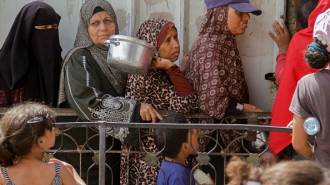Palestinian attack prompts Israeli 'collective punishment' of villagers
Qabatiya, near Jenin, was placed under siege after Wednesday's attack in Jerusalem's Old City saw a female police officer killed and another wounded.
The three alleged assailants were shot dead on the scene, and police said explosive devices were found later on their bodies.
Local sources told The New Arab that Israeli military forces shut the main entrances of the village before raiding the homes of the attackers' families.
Clashes ensued with local youths, during which Israeli troops used both live ammunition and rubber-coated bullets.
The occupying military imposed a tight blockade on the village, the Palestinian Red Crescent told The New Arab. The Israeli army allowed only one ambulance to enter the area to evacuate five people injured in the violence, said medical sources.
The clashes later escalated, with youths throwing Molotov cocktails at Israeli army vehicles, and Israeli soldiers responding by throwing grenades and tear gas cannisters into homes in the village.
|
Israeli troops reportedly arrested relatives and friends of the attackers after raiding and searching their homes.
On Thursday, Israeli Prime Minister Binyamin Netanyahu said his government had cancelled the work permits of several of the attackers' relatives. Netanyahu said the army would continue to blockade the village of Qabatiya in Jenin province until further notice.
The right-wing prime minister said the Israeli government's legal adviser had approved the demolition of the family homes of the attackers, pointing out that the government in Israel was considering entirely sealing off the northern areas of the West Bank from the southern West Bank.
Meanwhile, Israeli police have reportedly arrested two teenage girls in the town of Ramla, near Lod between Jerusalem and Tel Aviv, after they allegedly tried to stab a security guard in a shopping centre there.
Following the attack in Jerusalem, Netanyahu met with top security officials, and bolstered forces in the northern West Bank, carrying out arrests and imposing a blockade on Qabatiya, an official told AFP on condition of anonymity.
The attack was described in Israeli media as an "escalation" and a "turning point" after more than four months of Palestinian knife, gun and car-ramming attacks.
"There's no doubt that the intention of a terrorist cell with such an arsenal of weapons was to carry out a mass attack," Israel police commissioner Roni Alsheich said on Wednesday.
Israel uses the label "terrorist" to describe all attacks by Palestinians on Israeli targets, drawing no distinction between military and civilian.
The wave of violence since October has killed 26 Israelis, as well as an American and an Eritrean, according to an AFP count.
In the same time, 164 Palestinians have been killed by Israeli troops and civilians, many while carrying out attacks but others during clashes and demonstrations.

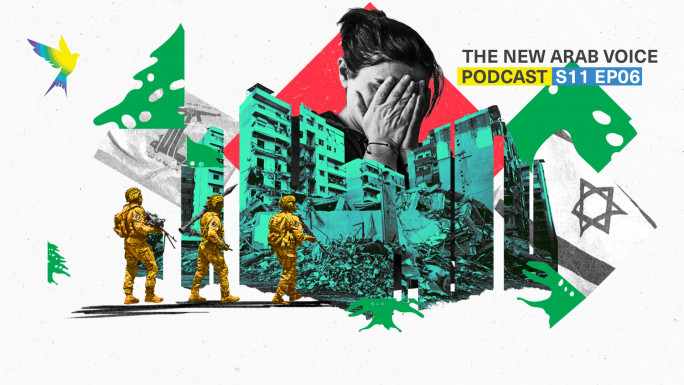
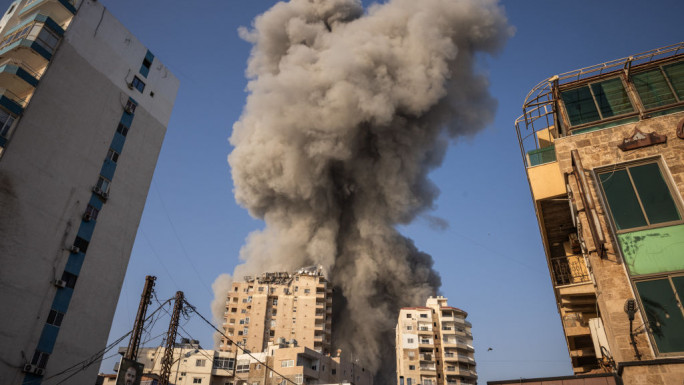
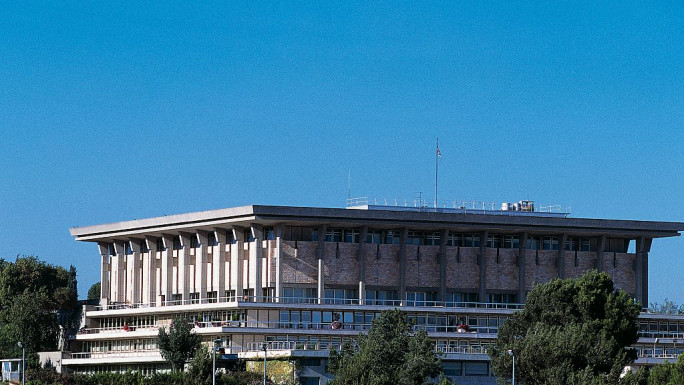
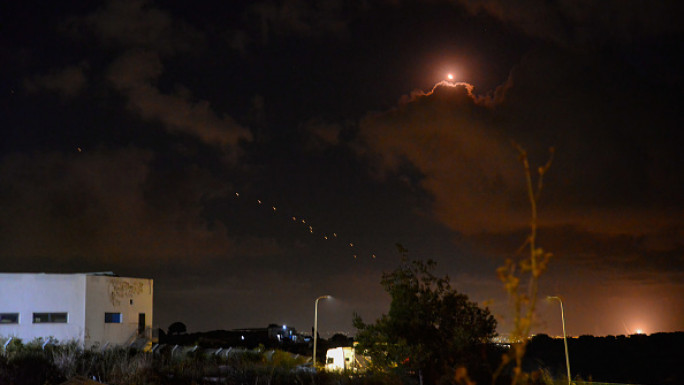
 Follow the Middle East's top stories in English at The New Arab on Google News
Follow the Middle East's top stories in English at The New Arab on Google News


